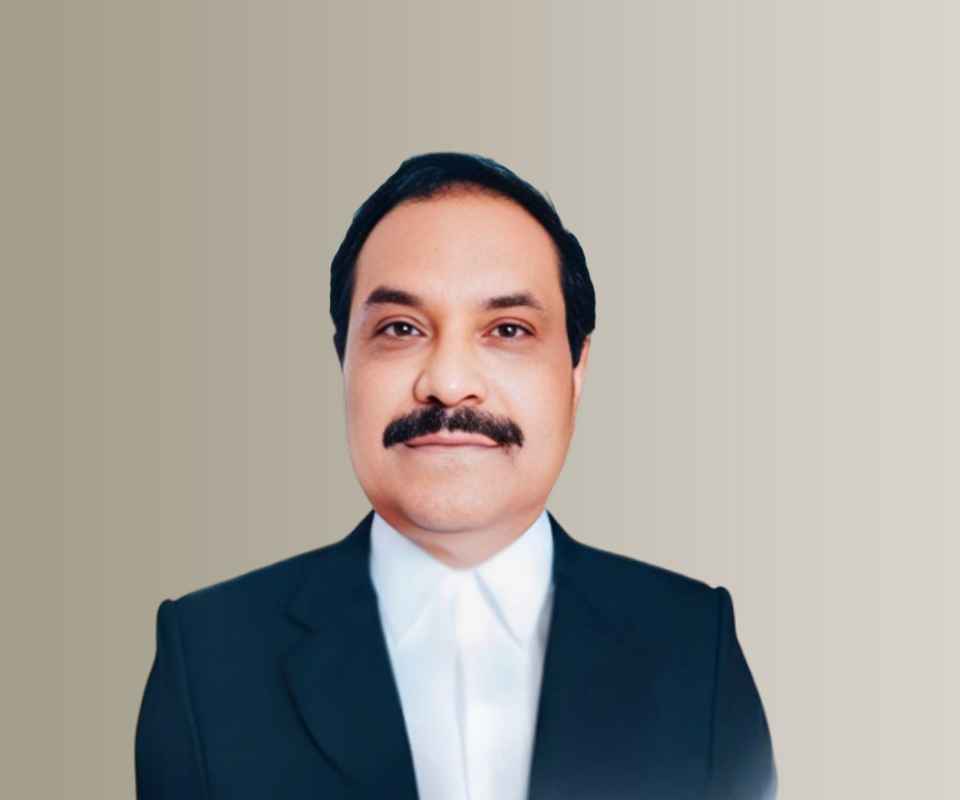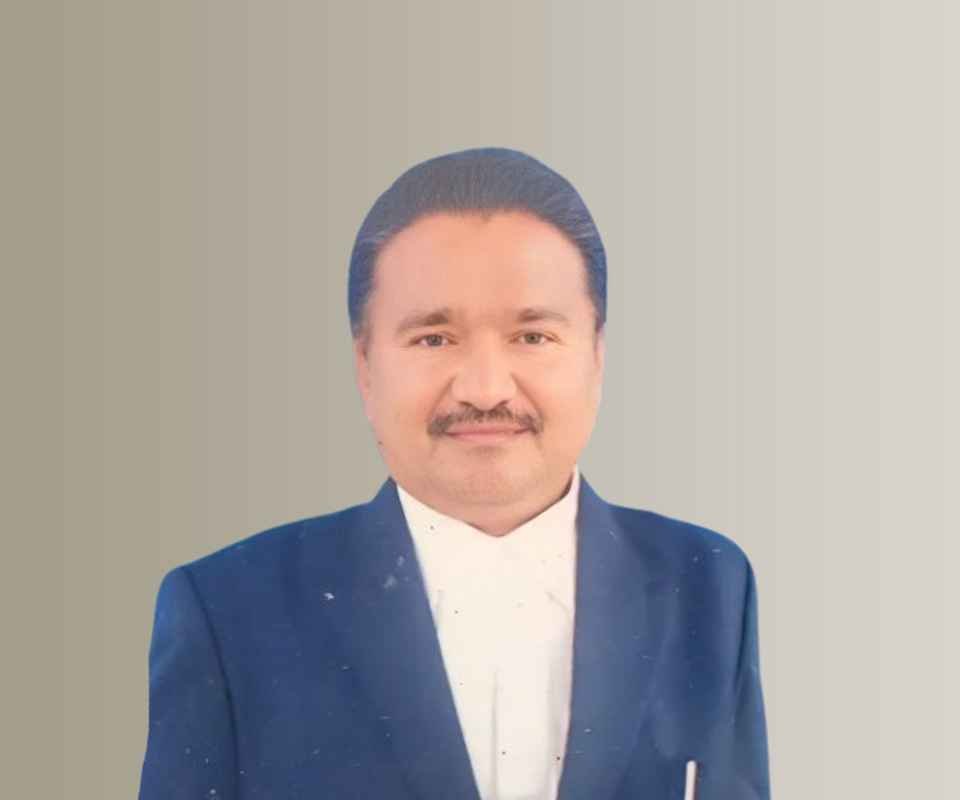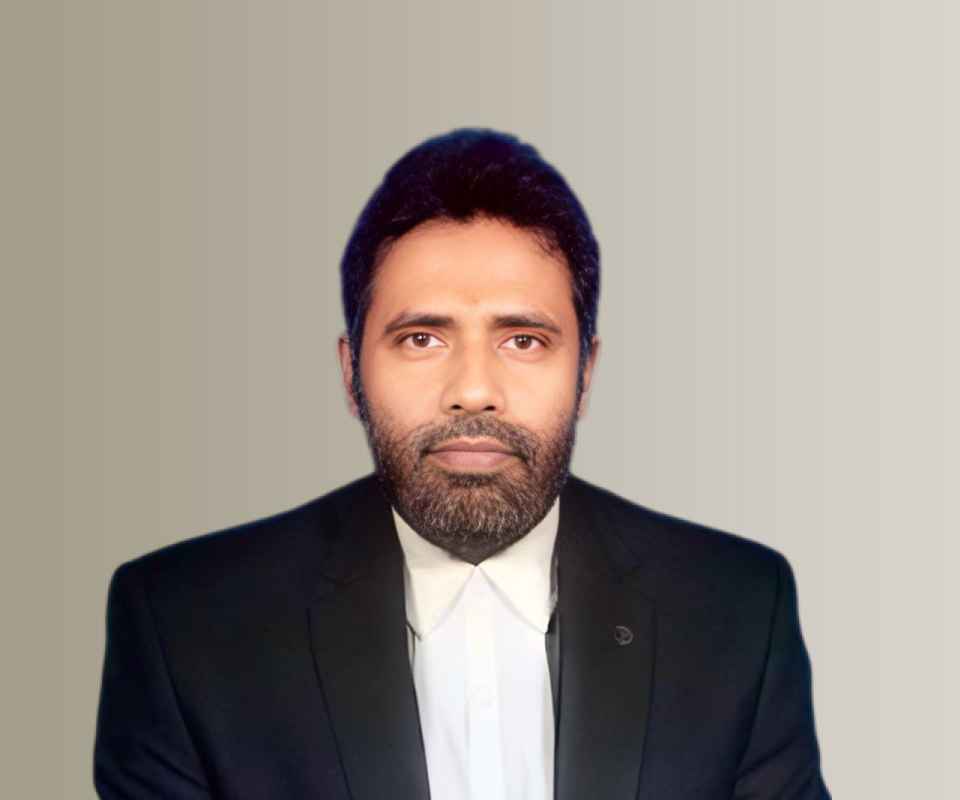Answer By law4u team
The repeal of Section 377 of the Indian Penal Code in 2018 was a landmark decision by the Supreme Court of India that decriminalized same-sex relationships. However, despite this progress in recognizing the rights of the LGBTQ+ community, same-sex marriages have not been legalized in India. The issue remains complex and multi-faceted, involving legal, cultural, and societal factors that prevent the full recognition of same-sex marriages.
Why Are Same-Sex Marriages Not Legalized Despite Section 377’s Repeal?
Legal Framework and Personal Laws:
In India, marriage laws are governed by personal laws that are specific to different religions (e.g., Hindu Marriage Act, Muslim Personal Law, Christian Marriage Act, etc.). These laws do not recognize same-sex marriages and have traditionally defined marriage as a union between a man and a woman.
The Indian Constitution does not provide an explicit right to same-sex marriage, and while the right to equality (Article 14) and right to life and personal liberty (Article 21) were invoked in the Section 377 case, same-sex marriage is not yet recognized as a fundamental right.
Changing this would require significant legal reforms in personal laws, or a comprehensive civil code that specifically recognizes same-sex marriages.
Societal and Cultural Resistance:
India has a conservative society with deep-rooted traditional values. The concept of same-sex marriage clashes with long-standing cultural norms surrounding heterosexual marriage and the family unit.
There is a lack of societal acceptance of LGBTQ+ issues in many parts of the country. This resistance, particularly from religious and community leaders, has influenced public opinion and slowed the momentum towards the legalization of same-sex marriage.
Despite increasing LGBTQ+ visibility and advocacy, same-sex marriages are still viewed as controversial by many, and the idea of marriage equality faces strong opposition from social conservatives.
Judicial Reluctance:
While the Supreme Court’s ruling in 2018 was a huge victory for the LGBTQ+ community in decriminalizing same-sex relationships, it did not address same-sex marriage directly.
The Court emphasized the decriminalization of same-sex relations and personal autonomy, but it left the question of same-sex marriage to be addressed by the legislature and society. The ruling did not create a legal framework for same-sex marriages.
In recent years, there have been calls for the legal recognition of same-sex marriages, but the judiciary has not yet taken up this issue comprehensively, leaving it to the government to pass a law that recognizes same-sex marriages.
No Legislative Action:
The Indian government has not introduced any legislation to legalize same-sex marriages in Parliament. Even though the Supreme Court has indicated the need for societal changes and legal reforms, the government has yet to initiate any serious discussions on the topic.
Some LGBTQ+ activists argue that the government is reluctant to pass such laws due to potential political backlash from more conservative sections of society. This lack of legislative support continues to delay the legal recognition of same-sex marriages.
International Influence and Comparisons:
In many Western countries, same-sex marriage has been legalized through judicial rulings or legislation. However, India has its own unique socio-political context, and Western models cannot be directly applied without considering local cultural norms and public opinion.
While same-sex marriage is recognized in countries like the United States, Canada, and several European nations, India’s approach to LGBTQ+ rights remains rooted in its own complex cultural and historical context.
Lack of Public Consensus:
There is no broad consensus within Indian society regarding the issue of same-sex marriage. While there is growing support from younger, urban populations, many parts of India remain conservative.
Public opinion surveys and discussions often reflect a polarized view of same-sex relationships and marriage, with some supporting equality and others rejecting it on the grounds of tradition and religious beliefs.
Possibility of Future Recognition:
While same-sex marriages are not currently legal in India, there have been positive developments. The Supreme Court has shown support for LGBTQ+ rights, and activists continue to push for marriage equality.
The decriminalization of Section 377 laid the foundation for further legal advancements. There is hope that with continued advocacy and social progress, the recognition of same-sex marriages may eventually be achieved in the future.
Example:
Case 1: A same-sex couple files a petition in the Delhi High Court to legalize same-sex marriage. While the court may acknowledge their right to a relationship, it cites the lack of a legal framework and refers the matter to the government for further legislative action.
Case 2: A same-sex couple seeks to register their marriage in India. While the couple’s rights as individuals are protected post the repeal of Section 377, their request for marriage registration is denied due to the lack of legal recognition of same-sex marriages in the country.
Conclusion:
Despite the repeal of Section 377, which decriminalized same-sex relationships, the legalization of same-sex marriage in India remains elusive due to legal, cultural, societal, and political challenges. While judicial support for LGBTQ+ rights has grown, the lack of legislative action, societal resistance, and cultural norms continue to delay the recognition of same-sex marriages. The path toward marriage equality may take time, but the ongoing advocacy and shifts in public opinion give hope for future reforms.







